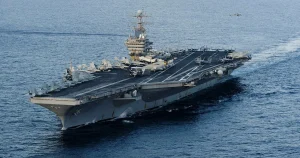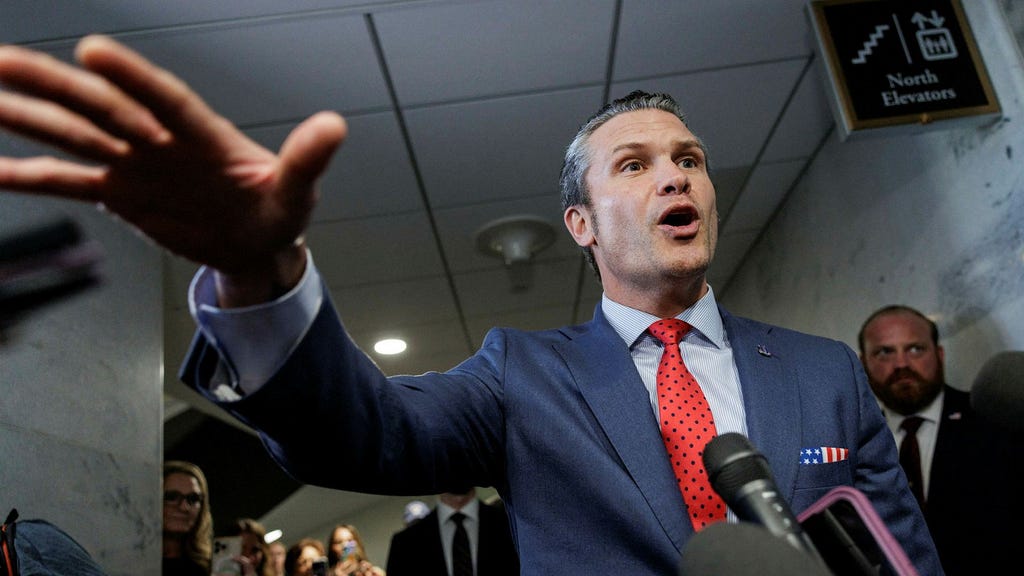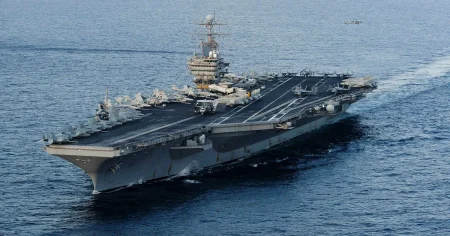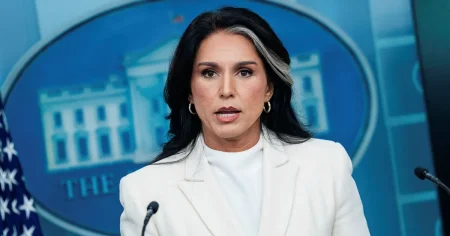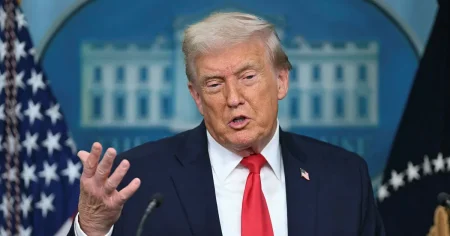Donald Trump’s continued public support for his embattled Defense Secretary nominee, Pete Hegseth, amidst a swirl of controversies, has become a complex political drama. While Trump outwardly maintains his endorsement, behind-the-scenes whispers of potential replacements circulate, fueled by Hegseth’s controversial past statements and actions. This apparent disconnect between public pronouncements and private deliberations raises questions about Trump’s strategic calculations, the potential influence of internal advisors, and the overall stability of the nomination process. Understanding this intricate situation requires examining the specific controversies surrounding Hegseth, the possible motivations behind Trump’s unwavering public support, and the potential consequences of both confirming and withdrawing the nomination.
Hegseth’s controversies span a wide spectrum, from his inflammatory rhetoric and questionable business dealings to his lack of traditional military experience. His past statements on topics ranging from Islam to women in combat have drawn sharp criticism from both Democrats and Republicans, raising concerns about his suitability for leading the Department of Defense. Moreover, questions about his involvement with conservative political organizations and his business ventures have raised ethical concerns. Perhaps most significantly, his lack of extensive military experience, contrasted with the traditionally military backgrounds of previous Defense Secretaries, has drawn scrutiny and fueled doubts about his ability to effectively manage the vast and complex military apparatus. These combined controversies have created a significant obstacle for Hegseth’s confirmation, placing Trump in a difficult political position.
Trump’s unwavering public support for Hegseth, despite the mounting controversies, presents a puzzling political calculus. Several theories attempt to explain this seemingly defiant stance. One possibility is that Trump values loyalty above all else, and Hegseth, a staunch supporter and vocal defender of the former president, has earned Trump’s unwavering allegiance. Another theory posits that Trump sees Hegseth as a disruptor, someone who can shake up the established defense establishment and implement Trump’s own vision for the military. A third perspective suggests that Trump is simply digging in his heels, refusing to back down in the face of opposition, viewing any concession as a sign of weakness. Whatever the rationale, Trump’s public pronouncements of support contrast sharply with the behind-the-scenes maneuvering, suggesting a more nuanced strategy at play.
Behind the scenes, a different narrative unfolds. Whispers of potential replacement candidates circulate amongst political insiders, indicating that even within Trump’s inner circle, there are doubts about Hegseth’s viability. The names being floated often represent more traditional choices, individuals with extensive military or government experience. This suggests a recognition that confirming Hegseth could prove a costly political battle, potentially jeopardizing other legislative priorities. The ongoing search for alternatives underscores the precarious nature of Hegseth’s nomination and highlights the influence of internal advisors who may be urging Trump to reconsider his public stance. This internal struggle for influence further complicates the situation, creating a dynamic tension between public pronouncements and private deliberations.
The potential consequences of both confirming and withdrawing Hegseth’s nomination are significant. Confirming him would send a strong message of defiance to Trump’s critics, but it could also alienate key members of Congress and further polarize the political landscape. Moreover, it would place a controversial figure at the helm of the Department of Defense, potentially undermining the stability and credibility of the military. Conversely, withdrawing the nomination, while potentially appeasing some critics, could be perceived as a sign of weakness by Trump’s supporters and could damage his political standing within his base. This delicate balancing act underscores the difficult choices facing Trump as he navigates this complex political minefield.
The ongoing saga of Pete Hegseth’s nomination serves as a microcosm of the broader political climate. It highlights the deep divisions within the political establishment, the challenges of navigating controversial nominations, and the constant tension between public pronouncements and behind-the-scenes maneuvering. The ultimate outcome of this situation will have significant implications not only for the Department of Defense but also for the broader political landscape, shaping the dynamics of power and influence within the Trump administration and beyond. As the situation continues to unfold, the interplay of loyalty, strategy, and political calculation will determine the fate of Hegseth’s nomination and shape the future of American defense policy.


